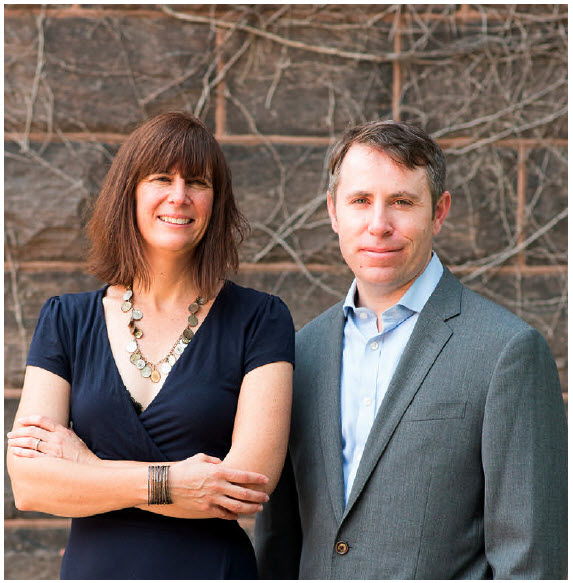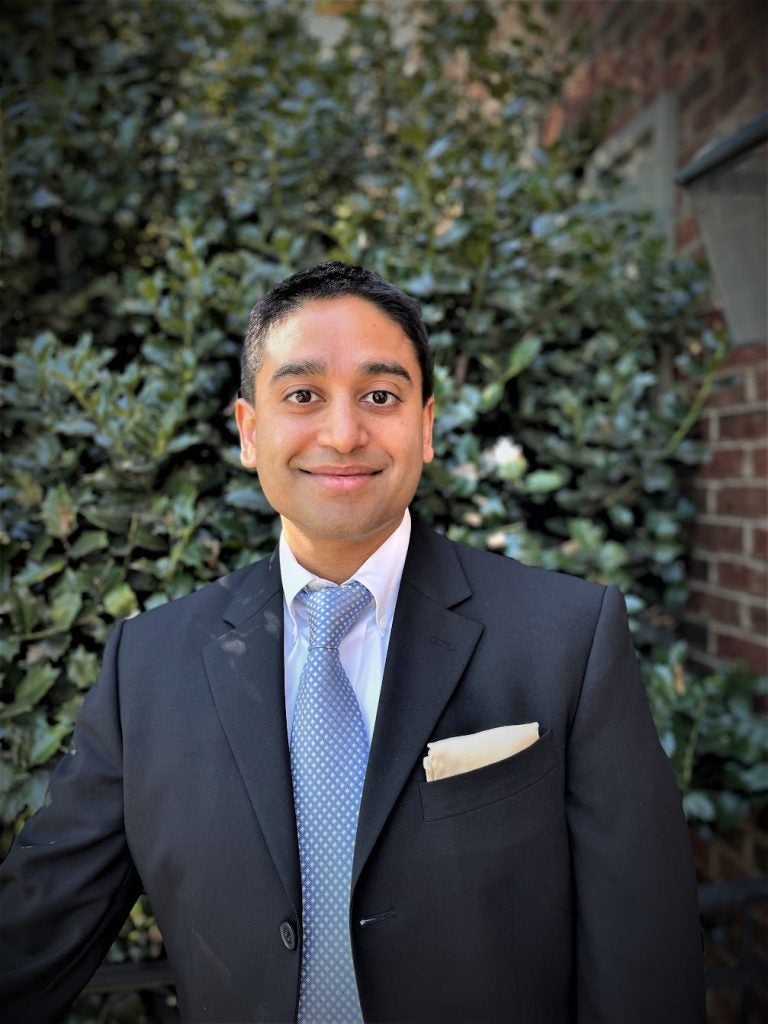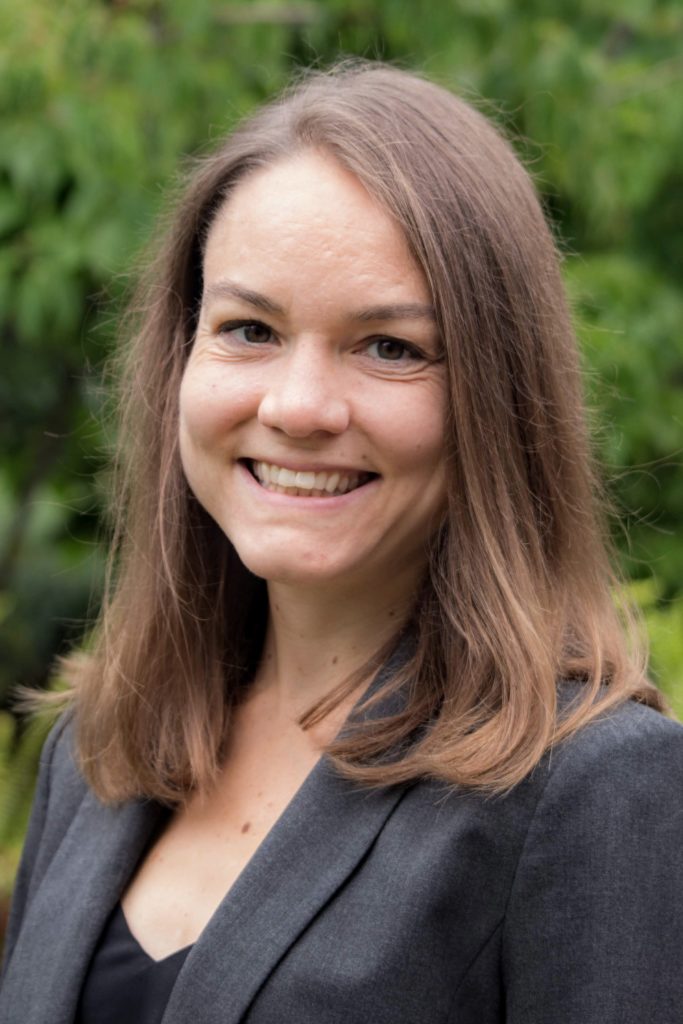From local courthouses to the White House: McCourt experts boost government effectiveness
Research from McCourt School experts has directly impacted a wide range of government programs and services, resulting in faster and more efficient delivery to American citizens.
A cohort of McCourt School researchers are bringing a people-first approach to government to boost the effectiveness of critical programs and services, and to ensure that they reach vulnerable communities. Their efforts rely on data analytics, rigorous evaluations and insights from the social and behavioral sciences, and have affected change across the country — from local courthouses to the White House.

Cutting red tape
Work by McCourt Chair Donald Moynihan , Professor Pamela Herd , Adjunct Professor Tara Dawson McGuinness and Associate Professor Sebastian Jilke served as the foundation for a January 2022 executive order from the Biden Administration titled “Transforming Federal Customer Experience and Service Delivery to Rebuild Trust in Government.” The order acknowledges that the federal government has not been responsive enough to citizens. It promises a sweeping effort to modernize government programs, increase accessibility and reduce the kind of red tape that too often muddies interactions between the government and citizens.
Moynihan, along with Herd, a leading expert in bureaucracy, health and aging, and Jilke, who works with the Office of Evaluation Services, had been working with the White House on improving government services for a year before the executive order was released. In February of 2021, the Office of Management and Budget relied on a 2018 book written by Herd and Moynihan — titled “Administrative Burden: Policymaking by Other Means” — to show other agencies how they could identify processes that can restrict citizens’ access to governmental benefits and create inequalities. Three months later, a team from McCourt trained hundreds of officials from across the government in ways to spot and reduce bureaucratic inefficiencies that can frustrate citizens and slow — or even prevent — delivery of government services.

The “Transforming Federal Customer Experience” executive order requires 17 different government agencies to work together on 36 specific tasks that will lead to reducing administrative burdens. The order has already led to the establishment of a website that makes free COVID-19 tests available and to the launch of a House of Representatives digital services team. Moynihan and Herd have said the order will also continue to put pressure on federal agencies to change the culture around delivery of services, making them faster and more efficient.
Associate Professor Dayanand Manoli , who specializes in social security, retirement policy, income tax policy and education policy, has also spent the last year engaged in research that seeks to measurably improve federal government processes. Manoli has been conducting research within the Internal Revenue Service (IRS), working closely with IRS staffers to simplify a form tax filers use to claim the Earned Income Tax Credit (EITC). The credit is a massive anti-poverty program, but Manoli found that about 20% of eligible workers don’t claim it in any given year. After studying responses to simplified forms, Manoli developed a new form that asks two questions — down from six — which sparked a 10% improvement rate in the number of filers claiming the EITC. The IRS uses this form today.

Improving labor outcomes
Assistant Professor Krista Ruffini , whose expertise is in education and social policy, labor economics and public economics, studies how government programs targeted to disadvantaged populations, such as income assistance programs, affect the labor market. One of her primary studies looks at the effects of various nutritional assistance programs on vulnerable families with kids.
Ruffini has also analyzed how higher minimum wages would affect the nursing home sector. She found that wage increases lead directly to improved care and boost worker retention — something that has been a challenge for the health care industry during the pandemic. “My estimates suggest that if we were to increase the minimum wage by 10%, earnings of nursing workers would increase by 1%,” she says. “That’s a pretty modest wage increase. But the size of the effects we’re seeing is pretty meaningful.”
Ruffini recently studied how to reduce the high turnover rates of 9-1-1 dispatchers. “We did something pretty simple,” she says. “Over a six-week period, we just sent out emails where peers reflected on the positive aspects of their work.” The results were shared among a group of dispatchers, which led to a direct reduction in burnout and an improvement in retention. The lesson for the agencies who employ dispatchers: small changes in the work environment can be a key to keeping people on the job.

Ultimately, McCourt researchers’ work with government is not aimed, as Headley says, “to publish in an academic journal” but to change the way agencies operate. By conducting their research alongside government officials and by developing new methods for better connection with citizens — especially those in underserved communities — McCourt researchers hope to have a tangible impact. “We really want,” Headley says, “to do engaged work that makes a difference for policy, practice and people.”
This article was originally published in the Fall 2022 edition of Policy Perspectives, McCourt’s annual alumni magazine. Read the latest edition of Policy Perspectives here.
